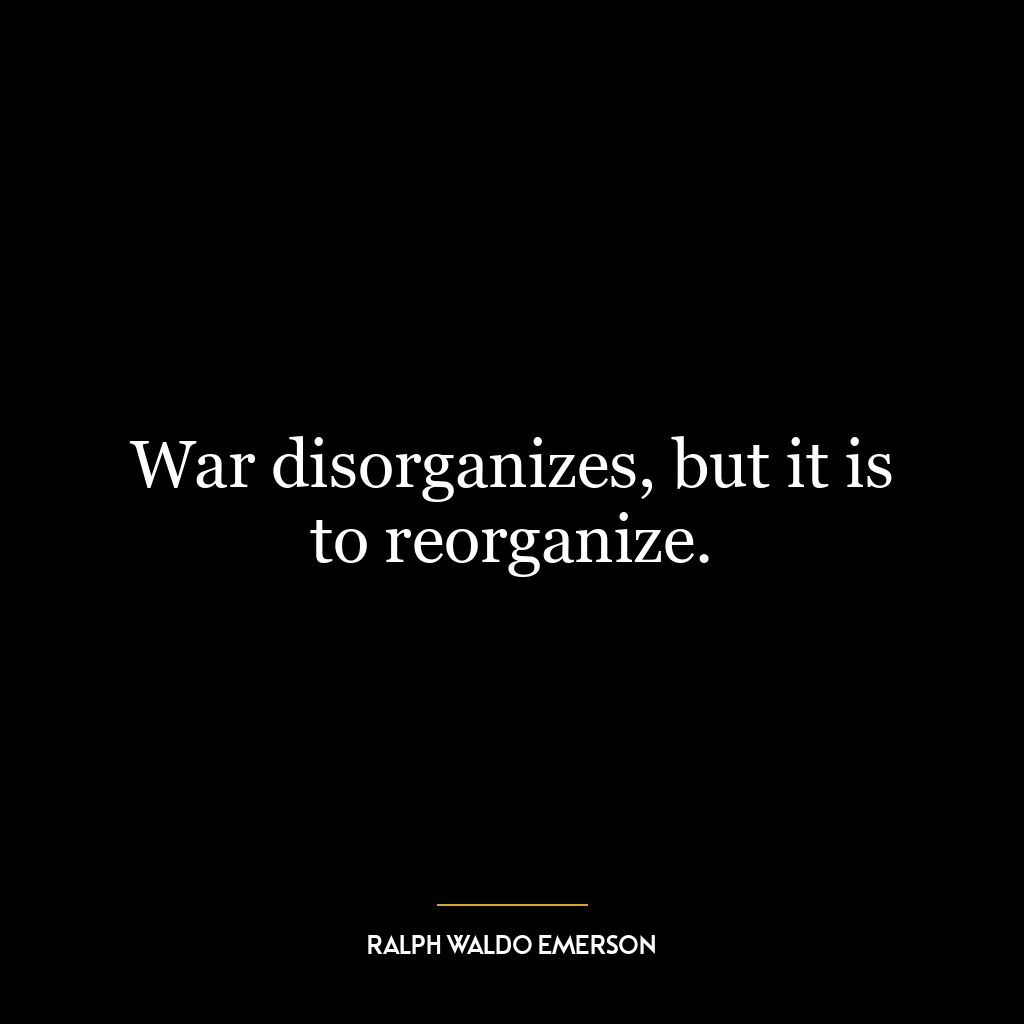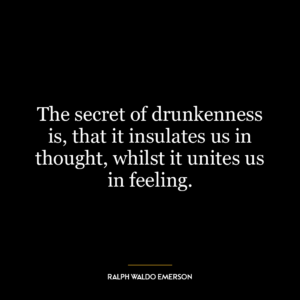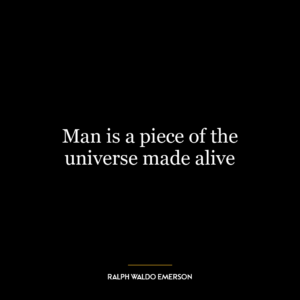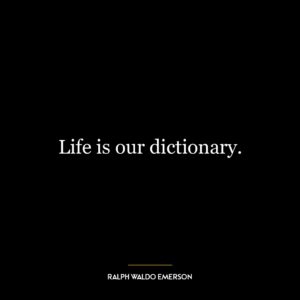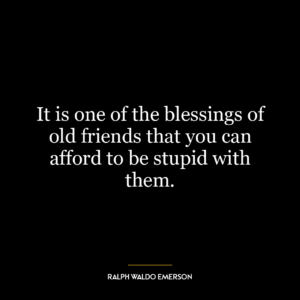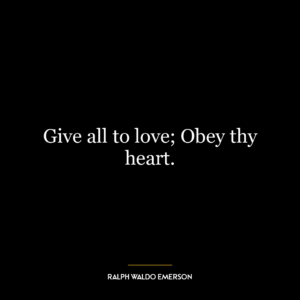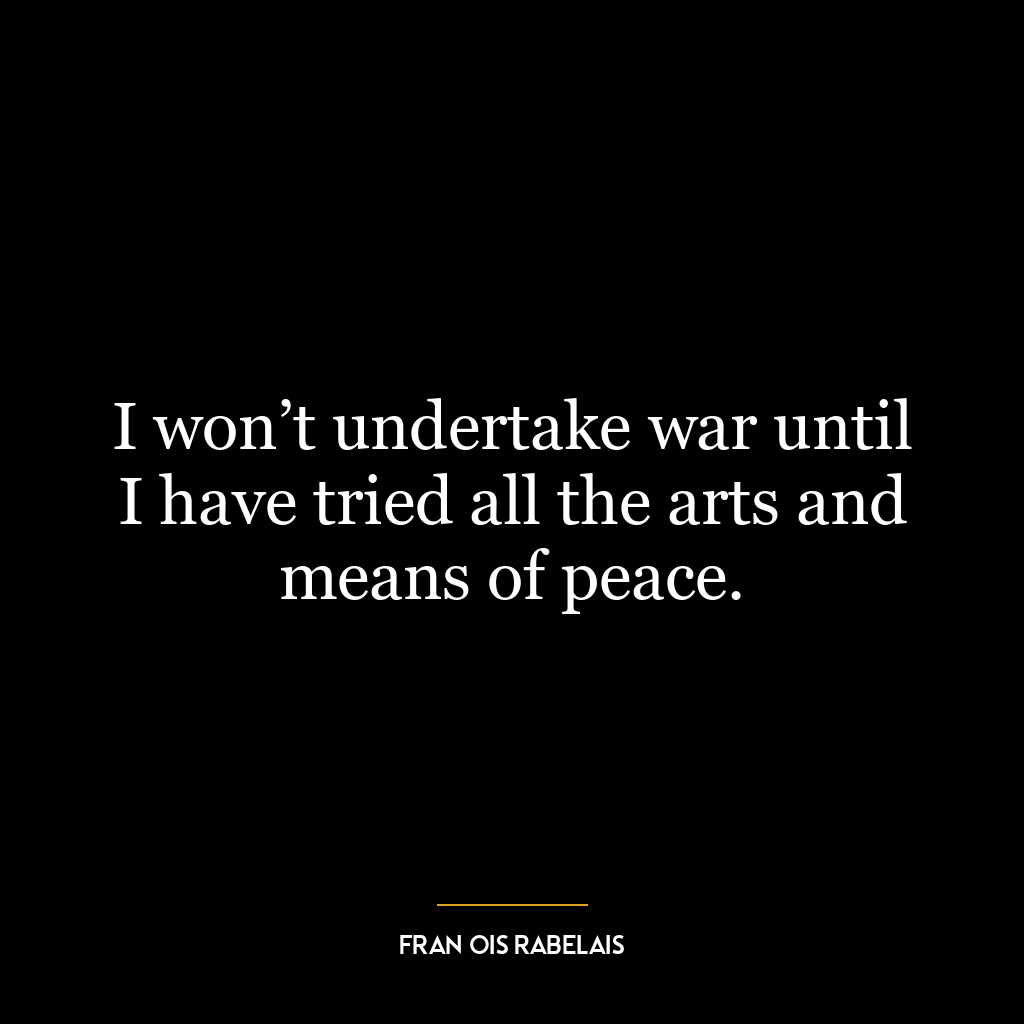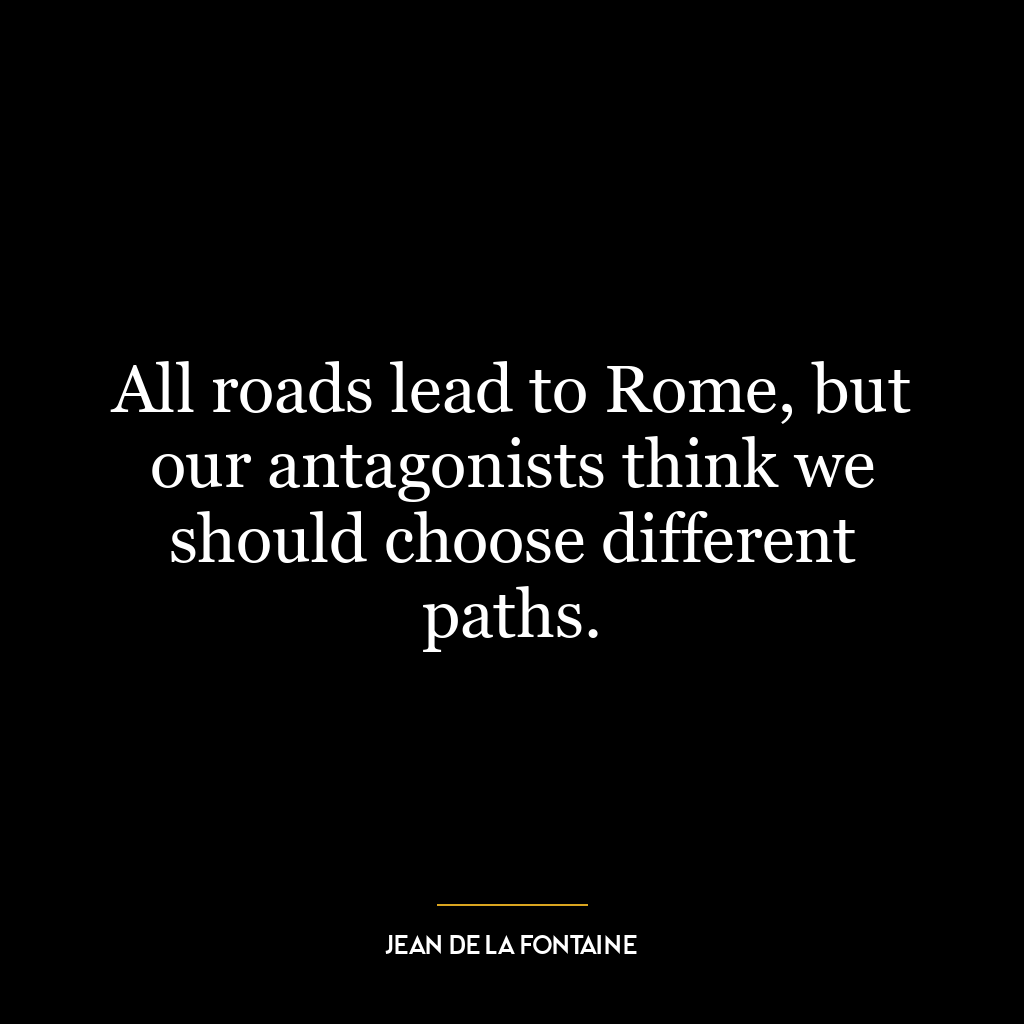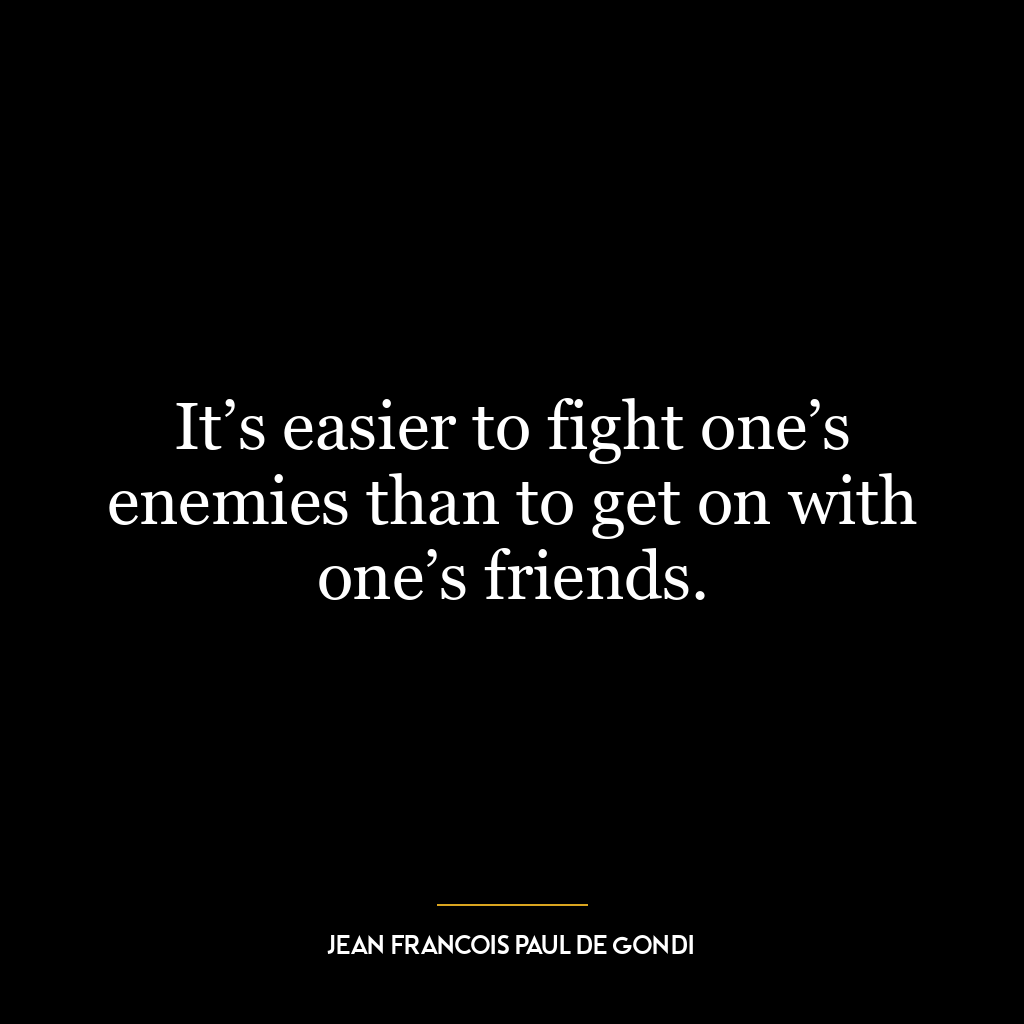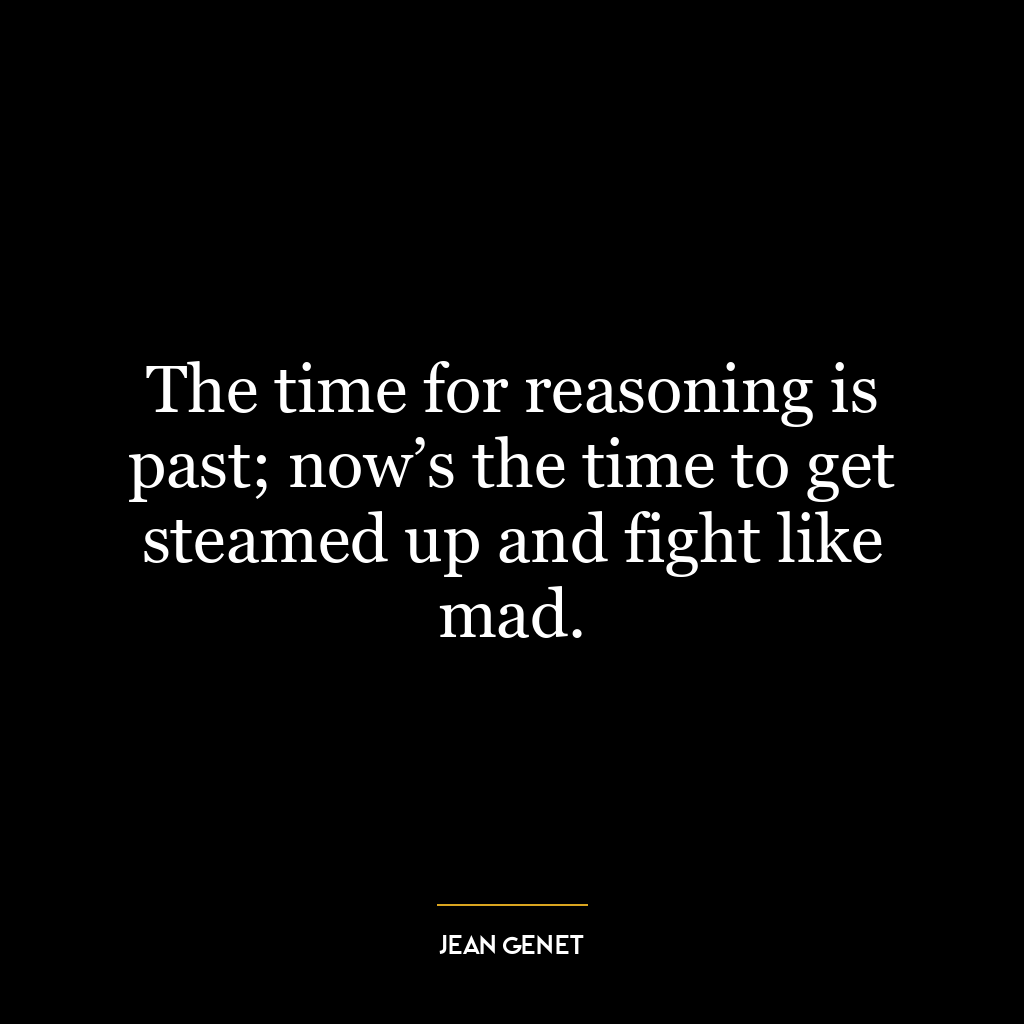War disorganizes, but it is to reorganize.
This quote suggests that war,despite its destructive nature,has the capacity to bring about reorganization and transformation. It implies that chaos and disruption can be a precursor to change and growth. The disorganization caused by war is not an end in itself; rather, it paves the way for a new order or structure to emerge.
Applying this concept beyond the context of physical warfare,we can interpret “war” as any form of conflict or struggle – personal,societal or global. In personal development terms, it could refer to internal battles we face like overcoming fears, breaking free from toxic habits or pushing past our comfort zones. These struggles frequently enough lead us into periods of uncertainty and disarray but they also create opportunities for us to grow stronger and evolve.
For instance, someone battling addiction may experience a period of intense struggle (disorganization), but this could ultimately lead them towards recovery (reorganization). similarly at a societal level – protests against racial discrimination might cause unrest initially but can eventually result in policy changes leading towards greater equality.
In today’s world where change is rapid and constant due largely to technological advancements,this idea holds notable relevance. Industries disrupted by new technologies go through phases of disarray before they adapt and reorganize around the new norms.
In essence then Emerson’s quote serves as a reminder that periods of upheaval are not necessarily negative; they are often necessary precursors for evolution and progress – whether on an individual level or at larger social scales.

